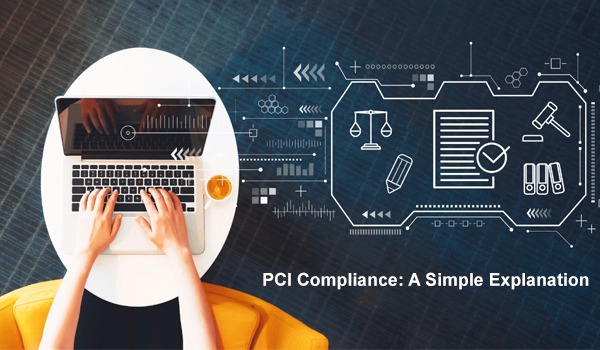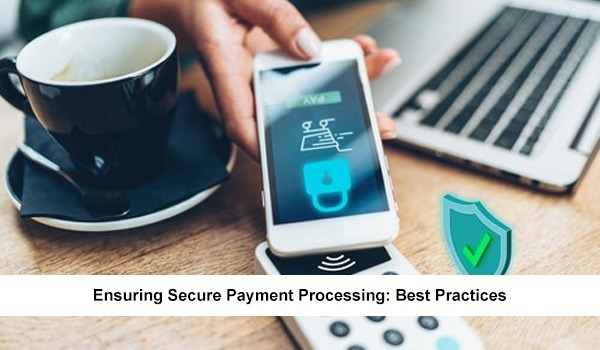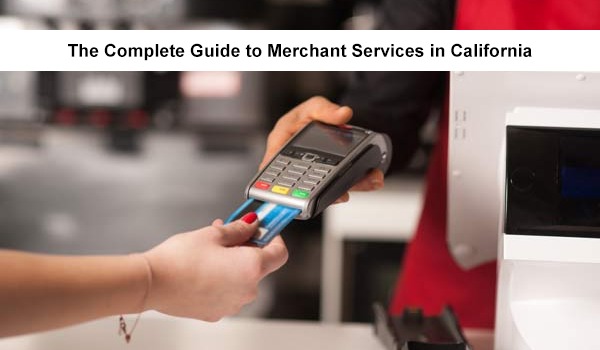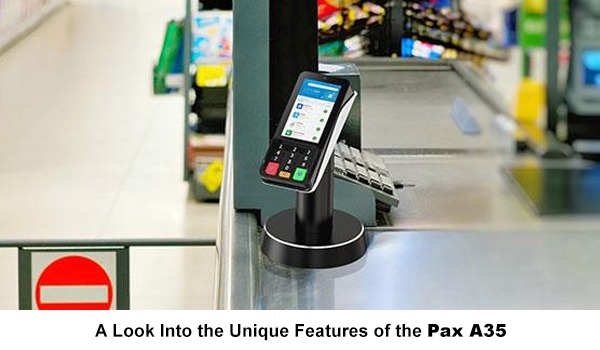
Introduction
Credit card processing in California is critical to running a business, especially given the state’s vibrant and diverse economy. This guide will provide an in-depth look at the basics of credit card processing in California, helping business owners navigate this complex landscape. From understanding state-specific regulations to selecting the right processor, we'll cover all you need to know to ensure smooth and secure transactions for your customers.
The Regulatory Landscape
California has specific regulations that impact credit card processing, including consumer protection laws and data privacy requirements. The California Consumer Privacy Act (CCPA) is a significant piece of legislation that businesses must comply with. It grants consumers rights over personal data, affecting how companies collect, store, and process credit card information. Understanding these regulations is crucial for avoiding legal pitfalls and ensuring customer trust. Businesses must stay updated with any changes to these regulations to maintain compliance and protect themselves from potential legal consequences.
Decoding Processing Fees
Processing fees can be confusing, with various charges including interchange fees, assessment fees, markup fees, monthly processing fees, and flat rate fees. In California, where the cost of doing business is relatively high, it's essential to understand these fees to manage expenses effectively. The different types of fees include:
- Interchange Fees: This is determined by card networks such as Visa and Mastercard and disbursed to card-issuing banks, commonly comprising a percentage of the transaction amount alongside a fixed fee.
- Assessment Fees: Also set by the card networks, these fees are a percentage of the transaction amount and go directly to the card networks.
- Markup Fees: Added by the payment processor, these fees can vary widely and may include a percentage of the transaction amount, a fixed fee per transaction, or additional monthly fees.
- Monthly Processing Fees: Charged by the payment processor for maintaining your account. These fees can cover customer support, account management, and other services provided by the processor.
Understanding the fee structure will help you compare different processors and select the one that offers the best value for your business.
Choosing the Right Processor
Choosing the right credit card processor is a crucial step for any business, as it can significantly impact operations and profitability. When evaluating potential processors, consider the following factors:
- Transaction Speed: Opt for a processor that offers fast transaction processing times. Long wait times at the point of sale can frustrate customers and lead to lost sales opportunities.
- Customer Service: Look for a processor with responsive and reliable customer service. In the event of technical issues or payment disputes, having access to knowledgeable support staff can be invaluable.
- Contract Terms: Carefully review the terms of the contract, including any early termination fees or rate increases. Choose a processor that offers flexible contract terms and transparent pricing.
- Compatibility: Ensure that the processor's payment solutions are compatible with your existing systems, such as point-of-sale (POS) software or e-commerce platforms. This compatibility facilitates seamless integration, resulting in streamlined operations and enhanced efficiency.
- Security Measures: Prioritize processors that prioritize data security and compliance with industry standards, such as PCI-DSS. Safeguarding customer data is imperative for preserving trust and credibility.
- Local Market Knowledge: Consider processors that are familiar with the specific requirements and challenges of doing business in California. A processor with local experience can provide valuable insights and tailored solutions to address your business's unique needs.
- Cost: While price shouldn't be the only factor in your decision, it's essential to compare pricing structures and ensure that you're getting good value for your money. Be wary of processors that offer unusually low rates, as they may have hidden fees or poor service quality.
By carefully evaluating these factors and conducting thorough research, you can choose a credit card processor that meets your business's needs and sets you up for success in the California market.
Enhancing Security
Data security is paramount in credit card processing. With cyber threats on the rise, California businesses must adopt robust security measures to protect customer data. This section will discuss PCI-DSS compliance, encryption technologies, and best practices for preventing data breaches. We'll also cover the implications of the CCPA and steps to ensure your business is compliant. Regularly updating your security protocols and training your staff on data protection practices are essential to maintaining a secure environment for your customers.
Future Trends
The credit card processing landscape is continually evolving, with new technologies and trends emerging. In California, innovations such as mobile payments, contactless transactions, and blockchain technology are gaining traction. We'll explore these trends and predict how they might shape the future of credit card processing, helping your business stay ahead of the curve. Embracing these technologies can enhance customer convenience and operational efficiency, positioning your business as a forward-thinking leader in the market.
Understanding Merchant Accounts
A merchant account is essential for accepting credit card payments. This section will explain what a merchant account is, how it works, and the process of setting one up. We will also cover the different types of merchant accounts available and how to choose the best one for your business needs. A well-chosen merchant account can streamline your payment processes and reduce the likelihood of transaction issues.
Payment Gateways and Terminals
Payment gateways and terminals are crucial for processing credit card transactions. We'll delve into the differences between these tools, their functionalities, and how to integrate them into your business operations. We'll also discuss the pros and cons of various options to help you make an informed decision. Selecting the right tools can enhance transaction speed and accuracy, improving the overall customer experience.
Chargebacks and Disputes
Chargebacks can be a significant challenge for businesses, often leading to lost revenue and increased processing fees. This section will cover what chargebacks are, the common reasons they occur, and strategies for managing and preventing them. We'll also discuss the dispute resolution process and how to protect your business from fraudulent chargebacks. Implementing clear return policies and maintaining thorough transaction records can help mitigate the impact of chargebacks.
The Role of Customer Service
Good customer service from your credit card processor is vital for resolving issues quickly and ensuring smooth operations. We'll highlight the importance of responsive and knowledgeable support, what to look for in a processor's customer service, and how to assess their quality before making a decision. A processor with excellent customer service can provide timely assistance, minimizing downtime and enhancing your business's reliability.
Integrating Credit Card Processing with Your Business Systems
Integrating credit card processing with your existing business systems can streamline operations and enhance efficiency. This section will discuss how to integrate processing solutions with your point-of-sale (POS) systems, accounting software, and e-commerce platforms. We'll also cover the benefits of seamless integration and tips for a smooth implementation process. Effective integration can simplify transaction management and provide valuable data insights to inform business decisions.
Conclusion
Navigating the complexities of credit card processing in California requires a thorough understanding of the regulatory environment, fee structures, security measures, and technological advancements. By familiarizing yourself with the state's specific requirements and best practices, you can ensure that your business runs smoothly and securely. Staying informed about the latest trends and regulations will help you adapt to changes and maintain compliance, protecting your business from potential risks.
Choosing the right credit card processor is not just about finding the lowest fees but about finding a partner who understands your business needs and the unique challenges of operating in California. Implementing robust security measures will protect your business and your customers, fostering trust and loyalty. Additionally, integrating your credit card processing with your business systems can enhance efficiency and provide valuable insights for growth.
In conclusion, staying informed about the latest trends and regulations in credit card processing will help your business thrive in California's competitive market. By leveraging the right tools and knowledge, you can enhance your customer experience, streamline operations, and ultimately, boost your bottom line. As the industry evolves, keeping pace with changes will ensure that your business remains compliant, efficient, and ahead of the competition. Embracing innovation and prioritizing security will position your business for long-term success in the dynamic landscape of credit card processing in California.









